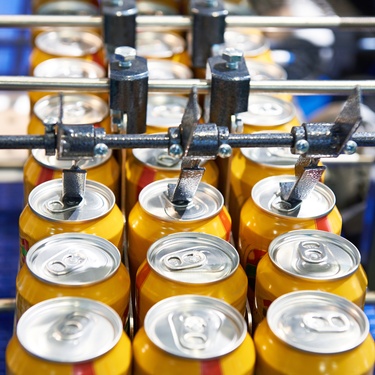Live
France24 English News Live StreamGlobal News
Global News Video PlaylistPBS
PBS News Video PlaylistNewsroom Features
Feasting With Friends T-Shirt | Super Bowl Party, Game Day Humor

See Special Report: Feasting With Friends T-Shirt | Super Bowl Party, Game Day Humor
Published Sunday February 01, 2026
Embrace the Night Moon Phases Blanket | Stargazing, Look Up

See Special Report: Embrace the Night Moon Phases Blanket | Stargazing, Look Up
Published Sunday February 01, 2026
Embrace the Night Moon Tote | moon phases, stargazing

See Special Report: Embrace the Night Moon Tote | moon phases, stargazing
Published Sunday February 01, 2026
Embrace the Night Moon Sticker | moon phases, stargazing

See Special Report: Embrace the Night Moon Sticker | moon phases, stargazing
Published Sunday February 01, 2026
Embrace the Night Moon Crewneck, moon phases, stargazing

See Special Report: Embrace the Night Moon Crewneck, moon phases, stargazing
Published Sunday February 01, 2026
Tips for Extending the Lifespan of Medical Equipment

See Contributor Story: Tips for Extending the Lifespan of Medical Equipment
Published Saturday January 24, 2026
What To Know Before Upgrading Your Car’s Clutch

See Contributor Story: What To Know Before Upgrading Your Car’s Clutch
Published Friday January 23, 2026
The Hidden Factors That Impact Driving Confidence

See Contributor Story: The Hidden Factors That Impact Driving Confidence
Published Thursday January 22, 2026
How To Improve Efficiency and Speed in Beverage Packaging

See Contributor Story: How To Improve Efficiency and Speed in Beverage Packaging
Published Wednesday January 21, 2026
Essential Maintenance for Industrial Facilities

See Contributor Story: Essential Maintenance for Industrial Facilities
Published Tuesday January 20, 2026













